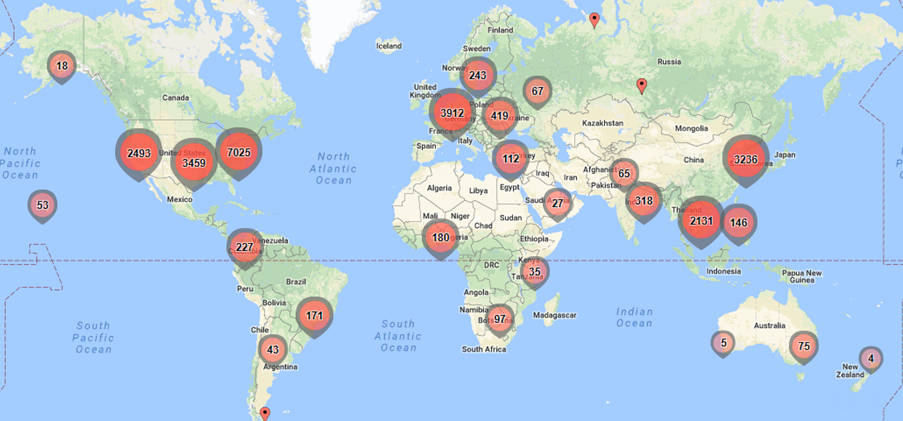This online quiz is now confirmed to be a phishing scam
Credit to Author: Malwarebytes Labs| Date: Thu, 20 Dec 2018 18:30:00 +0000
 | |
| It’s dubbed the ‘Three Questions Quiz’ scam, and not only are people letting their guard down, but they’re also freely sharing it on social media, too. Do you think you have been duped by this before? Read on. Categories: Tags: a new era in phishingphishing quizphishing scamquiz-based phishing scamsurvey scamthree question quiz scamtyposquatting |
The post This online quiz is now confirmed to be a phishing scam appeared first on Malwarebytes Labs.
Read more



